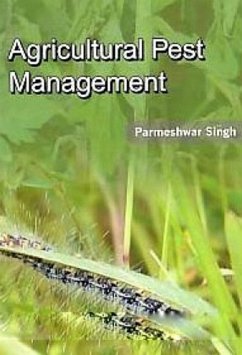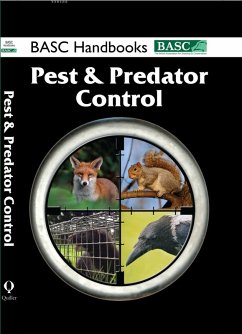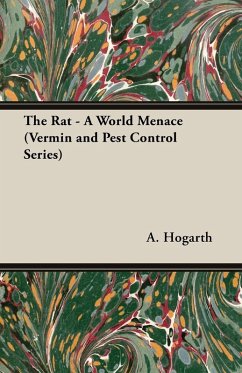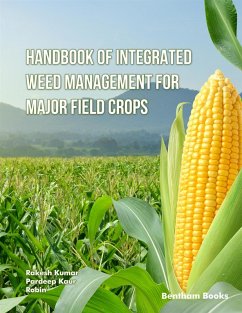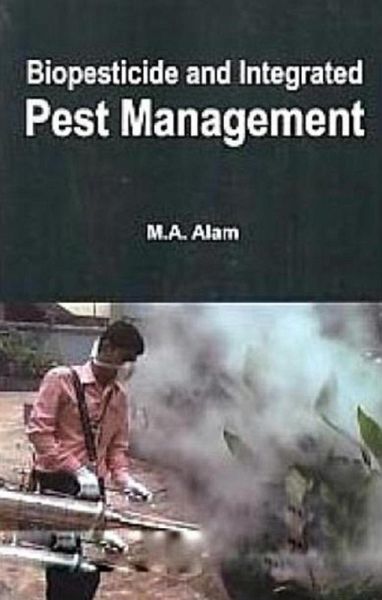
Biopesticide and Integrated Pest Management (eBook, ePUB)

PAYBACK Punkte
115 °P sammeln!
Biopesticides are certain types of pesticides derived from such natural materials as animals, plants, bacteria, and certain minerals. For example, canola oil and baking soda have pesticidal applications and are considered biopesticides. At the end of 2001, there were approximately 195 registered biopesticide active ingredients and 780 products. Microbial pesticides consist of a microorganism as the active ingredient. Microbial pesticides can control many different kinds of pests, although each separate active ingredient is relatively specific for its target pest[s]. For example, there are fung...
Biopesticides are certain types of pesticides derived from such natural materials as animals, plants, bacteria, and certain minerals. For example, canola oil and baking soda have pesticidal applications and are considered biopesticides. At the end of 2001, there were approximately 195 registered biopesticide active ingredients and 780 products. Microbial pesticides consist of a microorganism as the active ingredient. Microbial pesticides can control many different kinds of pests, although each separate active ingredient is relatively specific for its target pest[s]. For example, there are fungi that control certain weeds, and other fungi that kill specific insects. The most widely used microbial pesticides are subspecies and strains of Bacillus thuringiensis, or Bt. Each strain of this bacterium produces a different mix of proteins, and specifically kills one or a few related species of insect larvae. While some Bt''s control moth larvae found on plants, other Bt''s are specific for larvae of flies and mosquitoes. The target insect species are determined by whether the particular Bt produces a protein that can bind to a larval gut receptor, thereby causing the insect larvae to starve. Plant-Incorporated-Protectants (PIPs) are pesticidal substances that plants produce from genetic material that has been added to the plant. The book deals with bio-pesticide and bio-insecticide of various kind as tried in many countries. The book also deals about experience of IPM in Latin America, Africa and Asia. Thus the book will be immense help to researchers, environmentalists and agriculturists to ensure an eco-friendly world.
Dieser Download kann aus rechtlichen Gründen nur mit Rechnungsadresse in A, B, BG, CY, CZ, D, DK, EW, E, FIN, F, GR, HR, H, IRL, I, LT, L, LR, M, NL, PL, P, R, S, SLO, SK ausgeliefert werden.




